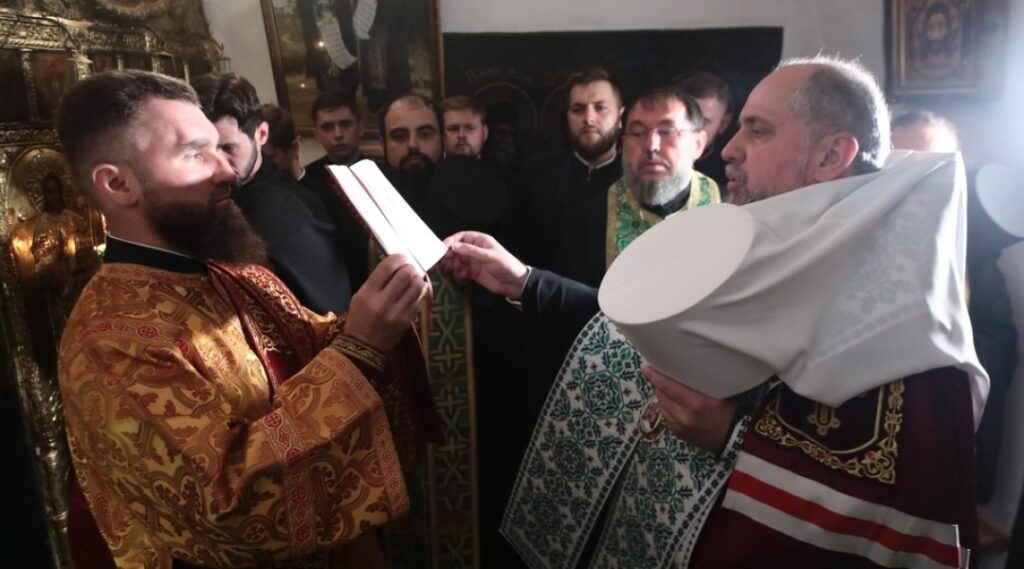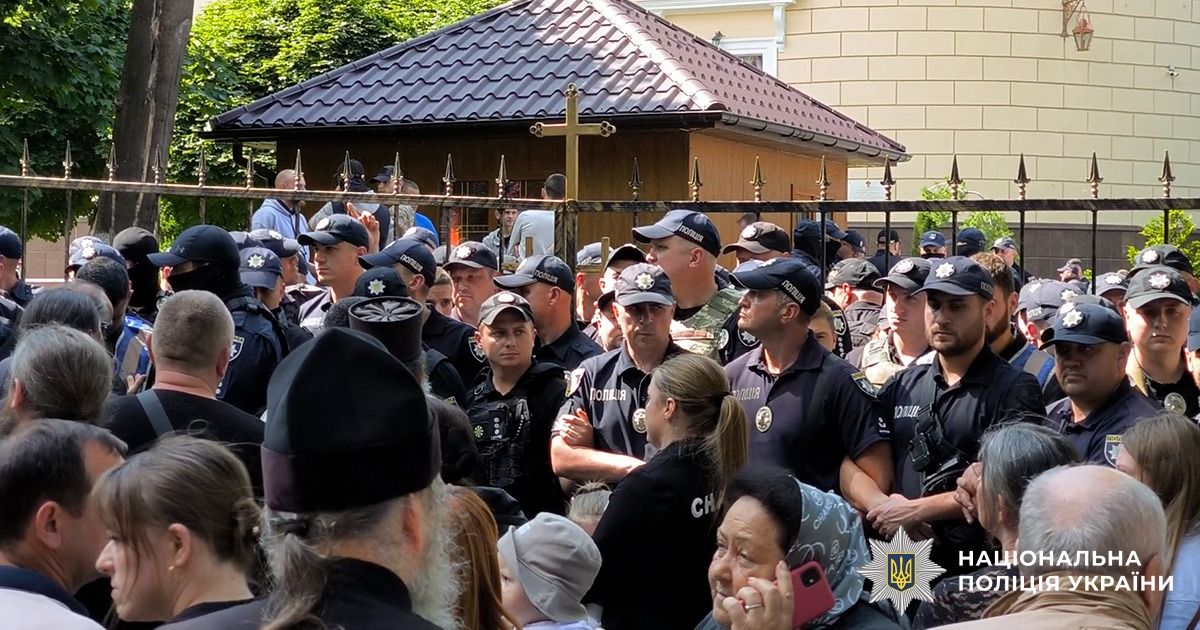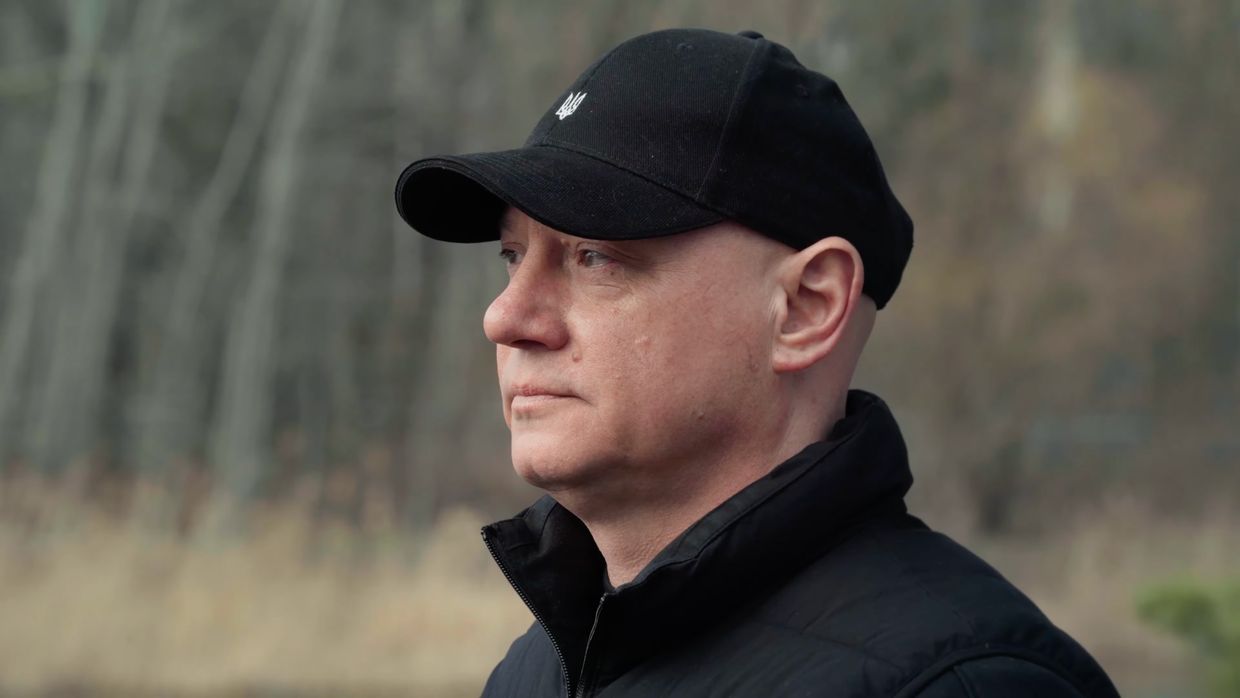Ukrainian Church holds first service in Kyiv-Pechersk Lavra caves since its independence from Moscow Patriarchate

Ukrainian prayer returns to the heart of the Lavra. For the first time in the history of independent Ukraine, the Orthodox Church of Ukraine (OCU) held a service in the caves of the Kyiv-Pechersk Lavra, a sacred site that had been under the control of the Moscow Patriarchate for decades, UkrInform reports.
The Kyiv-Pechersk Lavra, founded around 1051, is considered one of the oldest and most important Orthodox shrines in Eastern Europe. Its complex includes churches and underground caves, which attracted thousands of pilgrims and tourists from around the world before Russia’s war.
On 23 July, Metropolitan Epiphanius of Kyiv and All Ukraine led the prayer service in the Lower Lavra, gathering OCU believers and clergy.
“The Kyiv-Pechersk Lavra is a special sanctuary for our people, which, unfortunately, was long under occupation by the Moscow Patriarchate,” said Epiphanius, adding that prayers have risen here for a thousand years, in the heart of Ukrainian Orthodoxy.
He noted that Ukrainian services have been held in the Upper Lavra for over two and a half years and that this recent service in the caves marks the start of regular worship in the Lower Lavra as well.
“We are beginning regular services. There is always a first step… We are initiating Ukrainian prayer here in the Lower Lavra, near our venerable Kyiv-Pechersk Fathers,” emphasized the Primate.
Prayers were offered for the Ukrainian people, the soldiers defending independence, Ukraine’s victory over the aggressor, and the establishment of a just peace.
“We will appeal to the venerable Fathers… for Ukraine’s victory, for the triumph of truth, and the establishment of a just peace in Ukraine,” said Metropolitan Epiphanius.
The return of the Lavra to the OCU has been underway since 2023, when the government terminated the agreement with the UOC (MP) concerning the Dormition Cathedral and the Refectory Church, due to that body’s ties to the Moscow Patriarchate and threats to national security.
“The Russian Federation uses religious organizations for its own purposes… We are moving forward. This is an irreversible process,” said Epiphanius.
Svitlana Kotliarevska, director of the Kyiv-Pechersk Lavra Reserve, highlighted the event’s symbolism.
“The caves are the heart of the Lavra… Today marks the beginning of a new chapter in the history of the Kyiv-Pechersk Lavra and of Ukraine,” she explained.
She added that Ukrainian-language services in the caves are not just a religious milestone but a national one.
“Ukrainian language in Ukrainian caves, in the Ukrainian Kyiv-Pechersk Lavra… I believe future generations will remember this day as the start of a new chapter,” Kotliarevska said.
Similar services are expected to soon begin in the Near Caves as well.
Read also
-
Kyiv says Russia’s Victory Day parade in Moscow to mask war crimes against 20,000 Ukrainian children
-
Ukrainian commission confirms Moscow-linked church remains under Russian control
-
Parliament bans Moscow-affiliated churches in Ukraine
-
Ukraine gives Moscow-aligned church ultimatum to cut Russian ties


